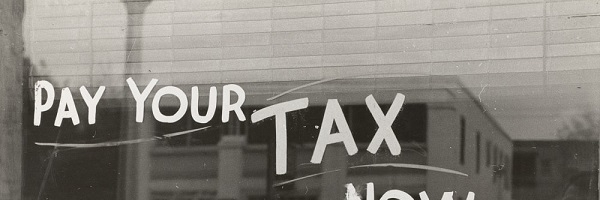Benjamin Franklin said, “There are only two certainties in life – death and taxes”. Whilst failure to pay the second shouldn’t lead to the first, it can cause significant problems for individuals, as outlined in a recent Court decision.
Nicola Joy Dargie was sentenced to two years six months imprisonment for failing to pay PAYE deducted from employees’ salary to the IRD.
Ms Dargie’s explanation for the non-payment of $740,000, which occurred over a period of 10 years, was that she had withheld the tax payments from the IRD to keep her employees in a job.
It is a practice that we encounter on a reasonably regular basis in liquidations - directors using the amounts they have deducted from their employees’ wages for things such as PAYE, Kiwisaver, Child Support and Student Loans, to boost the cashflow of their business. Their priority being to keep suppliers paid so they can continue to employ staff.
There are several problems with this course of action.
First and foremost, the funds are not the directors, or the company’s, to spend. They are the employees’ funds deducted from their wage entitlement for specific purposes and should be held in trust.
Secondly, there can be severe penalties imposed on directors who follow this course, as evidenced by the sentence imposed on Ms Dargie.
Thirdly, even if the intention was that the payments would be withheld for only a short time, to get through a tough trading period for example, the penalties and interest charged by the IRD for non-payment are at such a level that it does not make economic sense to do it. It would be better (and safer) to go to the bank for a short-term loan.
By continuing to operate a business that is not able to pay its debts, including taxes, as they fall due, directors expose themselves to potential claims against them personally that they have breached their duties as directors by trading whilst insolvent.
The amounts deducted from employees’ wages, and, to a similar degree, the GST collected on sales, are not funds available to a company to cover operating expenses and pay trade suppliers. These funds should be put into a separate account and only accessed to pay to the IRD as they fall due.
If directors find themselves in the position of having to dip into those funds to pay other expenses, then they need to review the financial position of the company to assess its on-going viability.
If you are in arrears with PAYE you are in a far better position if you consult with IRD and reach an instalment plan on arrears. If hardship applies, then notify IRD early on. If the company is insolvent, consult an accredited insolvency practitioner.
If you would like more information or advice on managing tax payments and the solvency of your business, please contact one of the team at McDonald Vague.

